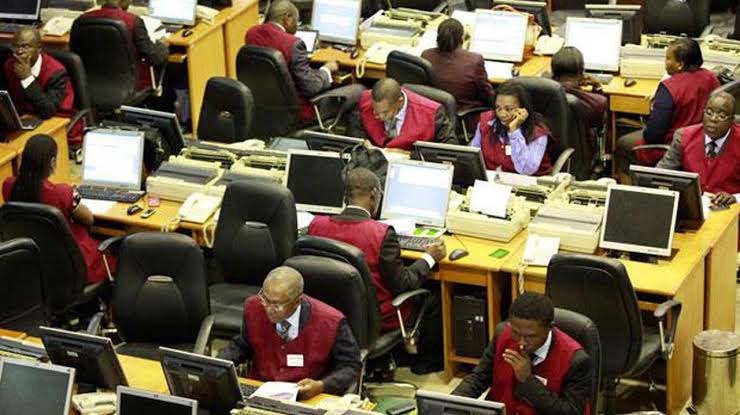The stock market hosts many investors looking to diversify their portfolios by allocating capital to various investment instruments. They identify securities such as stocks listed on stock exchanges such as NSE or BSE and invest based on their knowledge and research that the stock price will increase later. However, the prices of securities fluctuate in real-time, which can either provide profit potential or result in losses for the investors.
For example, if you invest in share market indices such as SENSEX or NIFTY, the value of your investment increases or decreases based on the current price of the indices, which fluctuate constantly. Since constant fluctuation in stock prices can also result in losses, you must understand the factors that move stock prices up and down to mitigate the chances of losses and increase the profit margin.
The Rationale Behind Stock Price Fluctuation
The stock market is based on the fact that the prices of securities must fluctuate. The stocks listed on stock exchanges such as NSE or BSE are market-linked, meaning that they are affected by numerous dynamic internal and external factors.
These factors affect investor sentiment, where investors buy more stocks or sell their existing ones to ensure their portfolio remains profitable. The resulting stock price fluctuation is the core reason investors profit or incur losses.
For example, if you buy 100 shares of company XYZ currently trading at Rs 50, the rationale behind stock price fluctuation states that the price can either increase from Rs 50 or decrease. If the price increases, you earn profits but incur losses if the price fluctuates negatively from Rs 50.
Factors That Move Stock Prices Up and Down
To mitigate the losses and increase the profit margin, learn and analyse the below factors that move stock prices up and down.
- Supply and Demand
The fundamental principle of supply and demand plays a significant role in stock price movements. The price tends to increase when the demand increases for a particular stock and lower supply. However, the price will likely decrease if the supply exceeds the demand.
- Company Performance
A company’s financial performance and prospects of a company directly impact its stock price. Since the shareholders are the part owners of the company, good earnings positively affect their sentiments. Positive news such as strong earnings, revenue growth, successful product launches, or strategic partnerships can boost investor confidence and increase the stock purchasing momentum.
On the other hand, negative performance factors like poor earnings, declining sales, regulatory issues, or management problems can lead to a decrease in stock price.
- Economic Factors
Macroeconomic factors, such as interest rates, inflation, unemployment rates, and GDP growth, can influence stock prices.
For example, lower interest rates make investing in stocks more attractive than fixed-income securities such as FDs. Investors are left with a higher disposable income, leading to increased demand and potentially higher stock prices.
Similarly, economic downturns or geopolitical uncertainties can dampen investor confidence, leading to lower stock prices.
- Market Trends
A stock market trend refers to the general direction or movement of stock prices over a certain period. The Indian stock market and the listed stocks correlate with the current market trend.
For example, if the share market today is going through a bullish trend, the general price of stocks increases without any specific fundamental reason. However, if the stock market is going through a bearish trend, the stocks witness a consistent price decline over a prolonged period.
In a bullish trend, investors buy more stocks in anticipation of a price increase. However, in a bearish trend, investors tend to sell to mitigate further chances of losses, decreasing the stock price.
- News and Events
Both related and unrelated news and events of the specific company can influence stock prices. Positive news like mergers and acquisitions, product innovations, or favourable regulatory decisions can boost stock prices.
On the other hand, negative news such as lawsuits, scandals, natural disasters, or geopolitical tensions can adversely affect stock prices. If the results are positive, investor sentiment tends to be high, resulting in higher buying and stock price increases. Negative news results in a selloff by investors, pushing the price lower.
Conclusion
Investing in the share market live can be fruitful to build wealth over time and complement the financial plan effectively. However, look at Sensex today or any other day. You will see the price constantly fluctuating, making it important to learn about the factors that lead to the price change for stocks and other securities. Once you have gained the proper knowledge, you can open a demat account with an experienced and quality stockbroker and start investing.






